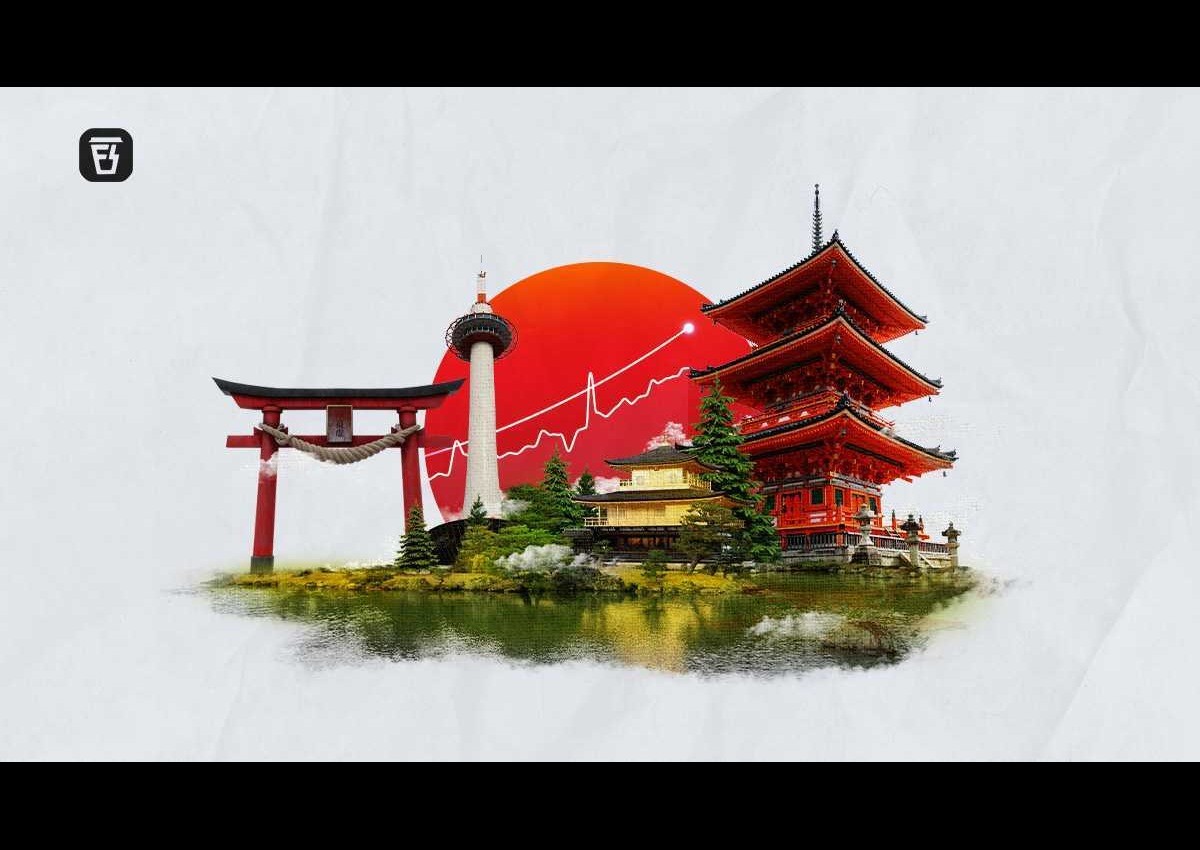18 Aug
"more" & "most" in Japanese | Minna no Nihongo | Lesson 12
### Understanding "More" and "Most" in Japanese | Minna no Nihongo | Lesson 12
In Lesson 12 of "Minna no Nihongo," you’ll explore how to express "more" and "most" in Japanese. These comparative and superlative forms are used to compare and describe quantities or qualities. Let’s dive into how to use these expressions.
### 1. **"More" in Japanese**
To express "more" in Japanese, you generally use the word **もっと** (motto) for "more" in terms of quantity or degree, and **より** (yori) when making comparisons between two items.
#### **もっと (Motto)**
- **Usage**: Used to indicate a greater degree or quantity of something.
- **Structure**: [Adjective/Verb] + もっと + [Comparative Adjective/Verb]
- **Examples**:
- **もっと高い** (motto takai) — more expensive/taller
- **もっと勉強します** (motto benkyō shimasu) — study more
#### **より (Yori)**
- **Usage**: Used for comparisons between two things, meaning "more than."
- **Structure**: [Item A] + は + [Item B] + より + [Comparative Adjective/Verb]
- **Examples**:
- **この店はあの店より安いです。** (Kono mise wa ano mise yori yasui desu.)
- This store is cheaper than that store.
- **彼は私より背が高いです。** (Kare wa watashi yori se ga takai desu.)
- He is taller than I am.
### 2. **"Most" in Japanese**
To express "most" in Japanese, you use **一番** (ichiban), which means "the most" or "number one" in terms of degree or quantity.
#### **一番 (Ichiban)**
- **Usage**: Used to indicate the highest degree or the most in terms of quality or quantity.
- **Structure**: [Adjective/Verb] + 一番 + [Superlative Adjective/Verb]
- **Examples**:
- **一番高い** (ichiban takai) — the most expensive/tallest
- **一番早く起きる** (ichiban hayaku okiru) — wake up the earliest
### Practical Examples
1. **Comparative Sentences:**
- **もっと (Motto):**
- **もっと早く走りたいです。** (Motto hayaku hashiritai desu.)
- I want to run faster.
- **より (Yori):**
- **日本は中国より小さいです。** (Nihon wa Chūgoku yori chiisai desu.)
- Japan is smaller than China.
- **このケーキはあのケーキより美味しいです。** (Kono kēki wa ano kēki yori oishii desu.)
- This cake is more delicious than that cake.
2. **Superlative Sentences:**
- **一番 (Ichiban):**
- **彼はクラスで一番賢いです。** (Kare wa kurasu de ichiban kashikoi desu.)
- He is the smartest in the class.
- **このホテルが一番高いです。** (Kono hoteru ga ichiban takai desu.)
- This hotel is the most expensive.
### Summary
- **もっと (Motto)** is used for "more" in terms of quantity or degree.
- **より (Yori)** is used to compare two things, meaning "more than."
- **一番 (Ichiban)** is used for "most" to indicate the highest degree or quantity.
By understanding and practicing these expressions, you’ll be able to make comparisons and describe superlative qualities more accurately in Japanese. Happy studying!










